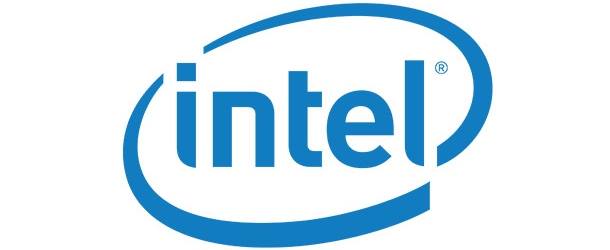Intel aims to make products quantum-resistant by 2030, CTO says

Intel CTO Greg Lavender said at a company event this week that Intel will build in resistance to quantum security threats across its product portfolio by the end of this decade.
“We will be Y2Q-resistant across our product portfolio by 2030,” he said, using the term–Y2Q–which has become a shorthand reference and a way of comparing the security threat posed by quantum computing to that posed by the Y2K transition more than two decades ago. Lavender did not provide further details about how Intel will proceed in making its products quantum-resistant.
Intel earlier this year outlined a three-pronged approach for protecting sensitive data from quantum threats. The company also has done a lot of work in the area of post-quantum cryptography, championing the bit-flipping key encapsulation encryption algorithm for potential standardization.
Lavender made the comments at the semiconductor giant’s Intel Innovation 2022 event this week in San Jose, California, where Intel also announced several new hardware and software products during the event, including its quantum computing software developer kit.
Lavender said the Intel Quantum SDK, which is now available in a beta version through the Intel Developer Cloud, is designed to help developers learn how to program quantum algorithms using a C++ quantum compiler, quantum runtime and quantum simulator capabilities. It is expected to evolve to a Version 1.0 that will be more widely available in the first quarter of next year. It also eventually will be combined with Intel quantum hardware that includes a qubit control processor, control electronics and a spin qubit processor.
Dan O’Shea has covered telecommunications and related topics including semiconductors, sensors, retail systems, digital payments and quantum computing/technology for over 25 years.



















